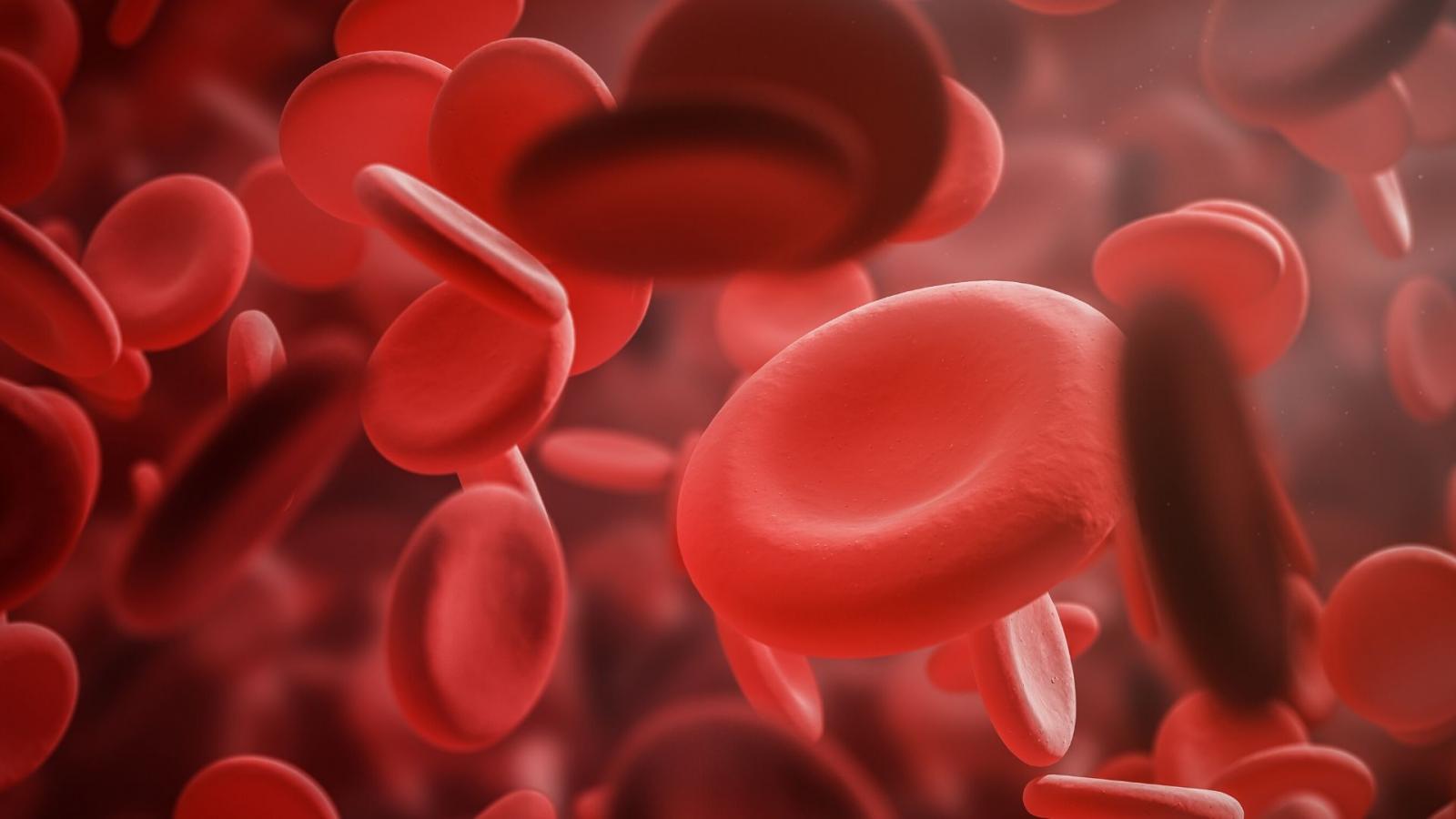Anaemia

What is it?
Anaemia is when the number of red blood cells is lower than it should be. The red blood cells normally carry oxygen around the body.
What causes it?
- Low iron in the diet (iron deficiency anaemia).
- Bone marrow is not working properly, because of cancer or cancer treatments such as chemotherapy or radiotherapy.
What are the symptoms?
- Feeling tired (fatigued), weak and lacking in energy
- Feeling dizzy and light-headed
- A fast heartbeat or palpitations, especially when exercising
- Breathlessness while doing simple tasks
- Looking pale
- Aching muscles or joints
What should I do if I have symptoms?
Talk to your doctor if you feel that you have these symptoms and they can investigate what might be causing it. A blood test will show if you are anaemic.
How is it treated?
The best treatment depends on what’s causing the problem and how low the red blood cells are. Treatments include:
- Taking iron supplements
- Increasing the amount of iron in your diet, by eating more iron-rich foods like red meat and green leafy vegetables
- Blood transfusion. This means blood will be given to you through a needle inserted into a vein like a drip. You will usually begin to feel better after you have had a blood transfusion
- An injection of a drug called erythropoietin to help your bone marrow make more red blood cells. Its side-effects can include aches and pains, flu-like symptoms, tiredness, headache, nausea, vomiting and reaction at the injection site. Your doctor and nurse will advise you about these beforehand and ways to relieve them
About blood transfusions
How often you need blood transfusions can vary between patients. You might need one transfusion every few months or every couple of weeks. Once a course of transfusions has started, the interval between transfusions may get shorter over time.
Iron overload
Iron can build up in your body if you have frequent blood transfusions. Over time, too much iron can harm your liver and heart.
You might need treatment to prevent or treat the build-up of excess iron. This is called iron chelation. Your doctor will talk to you about this if you need it.
Don’t take iron tablets unless your doctor prescribes them. Your doctor will check the iron levels in your blood regularly.
For more information
Phone
1800 200 700
